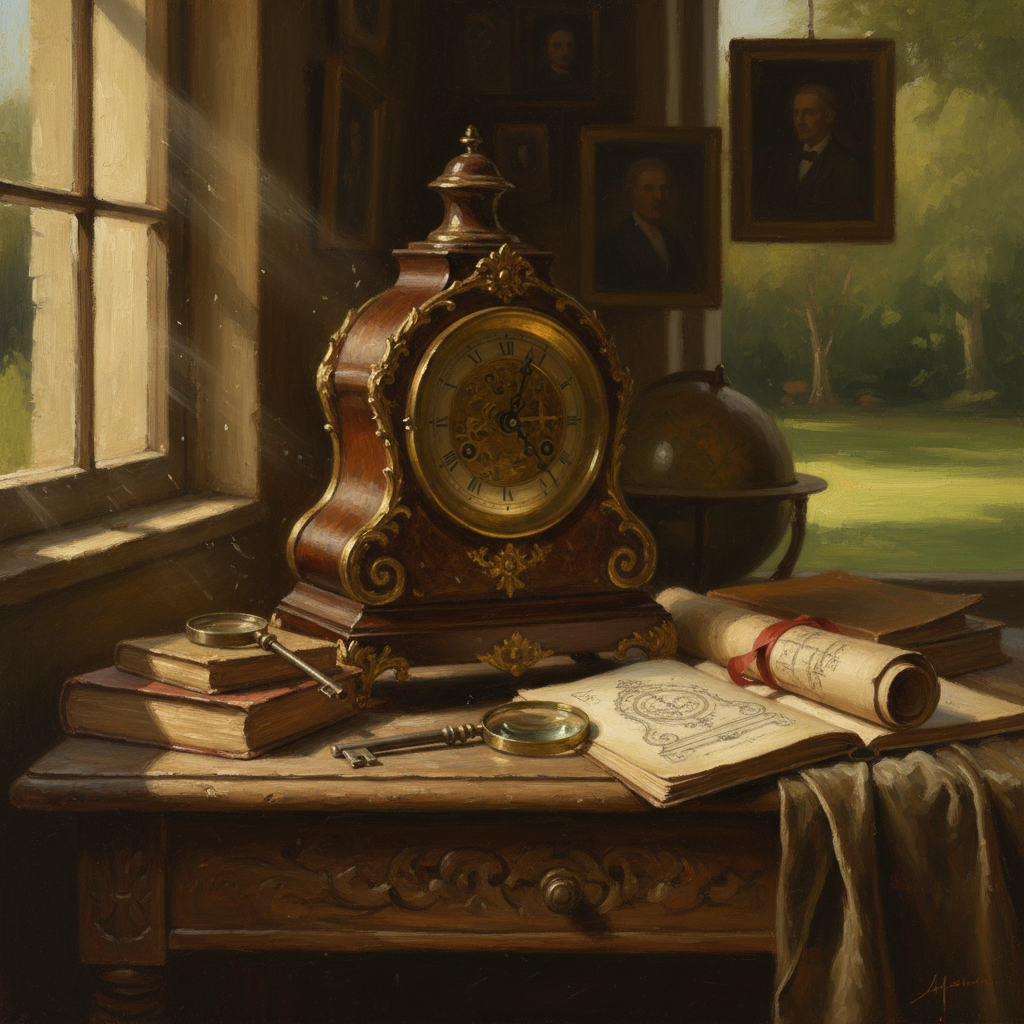The Soldier Who Befriended a Queen
It was an unassuming day when the old trunk arrived at the family home, coated in dust and history. Grandma Margot had always hinted at a past filled with whispers of greatness, but no one was prepared for the tale that would unfold from the confines of that chest, nor the life it would breathe into an ancestor almost forgotten—Thomas Whitaker, the soldier who befriended a queen.
Inside the trunk lay a collection of faded military records and a bundle of letters tied with a simple leather string. The first document to catch the eye was a service record detailing Thomas’s enlistment in the 9th Regiment of Foot, a storied British Army unit. His service spanned the turbulent times of the early 19th century, a period ripe with conflict and opportunity.
As the letters were untied, a single name appeared repeatedly—Charlotte. Each letter began with “Dearest Charlotte,” and as the narrative unfolded, it became clear that Charlotte was more than an acquaintance; she was a confidante, perhaps even a muse.
Among the yellowed pages, one letter stood out, not due to the ink but the content. It described an unexpected friendship formed during a military campaign in Hanover. Thomas recounted how, during a brief respite from battle, he and his regiment were invited to dine at the estate of a local noblewoman. There, he met Charlotte, who was not just any noble—she was Queen Charlotte of Württemberg, the beloved consort of King Frederick I.
Their encounters were few but profound. Charlotte, known for her intellect and charm, found a kindred spirit in Thomas. Their conversations ranged from philosophical debates to shared laughter over dilemmas in the camp. Thomas’s letters revealed a man at ease among royalty, painting a portrait of an ancestor whose life was tinged with the extraordinary.
The letters spoke of secrets exchanged under the starry skies of Württemberg, where even a common soldier could dream of greater things. Queen Charlotte’s parting gift to Thomas was a small medallion inscribed with a singular, enigmatic phrase, “To my faithful companion in life’s brief war.”
As the years went by, Thomas returned to his homeland, but the correspondence continued. Through the letters, we learn of a soldier’s struggle with the mundanity of post-war life, longing for the invigorating days when he rubbed shoulders with queens. Yet, Thomas expressed no regret, only gratitude for the adventure that his service had provided.
In later life, with war behind him, Thomas became a quiet schoolmaster, sharing tales of distant lands and royals with wide-eyed children who never doubted his tales of royalty. Among the pupils who sat with rapt attention was none other than his own great-grandson—Grandma Margot’s father—who would often recount the old teacher’s incredible stories.
With Grandma Margot’s passing, the letters left the realm of whispered family lore and returned to the light, proving that truth can indeed be stranger than fiction. Thomas Whitaker’s life reminds us that history is a tapestry adorned with unlikely friendships and hidden stories waiting to be unfurled.
As the last letter returned to the chest, the family gathered around, kindled with renewed pride for the ancestor who dared to step beyond his station, leaving behind a legacy of courage, curiosity, and an enduring connection with royalty.



